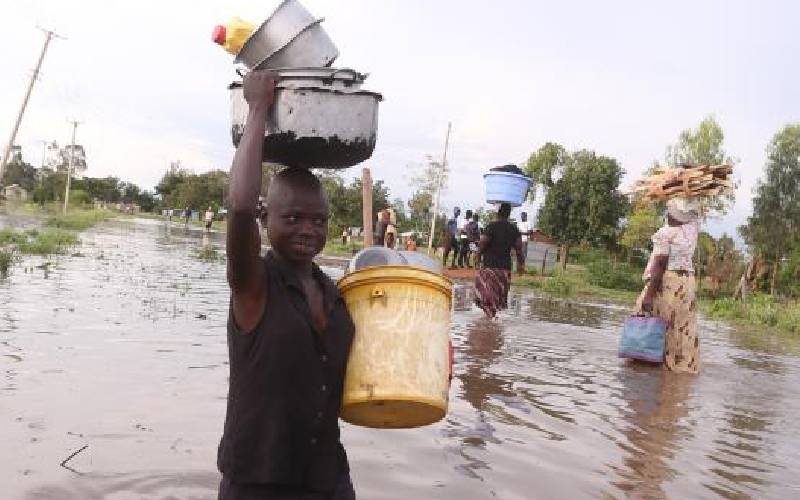×
The Standard e-Paper
Home To Bold Columnists

When The Standard returned to Nyando Constituency in January, several families still lived in temporary camps following flooding that had displaced them in 2019.
On the surface of it, all the floods victims seemed to share experiences; all had been woken up in the middle of the night by raging waters after a combination of River Nyando bursting its banks and Lake Victoria back-flow causing water to spill to villages.